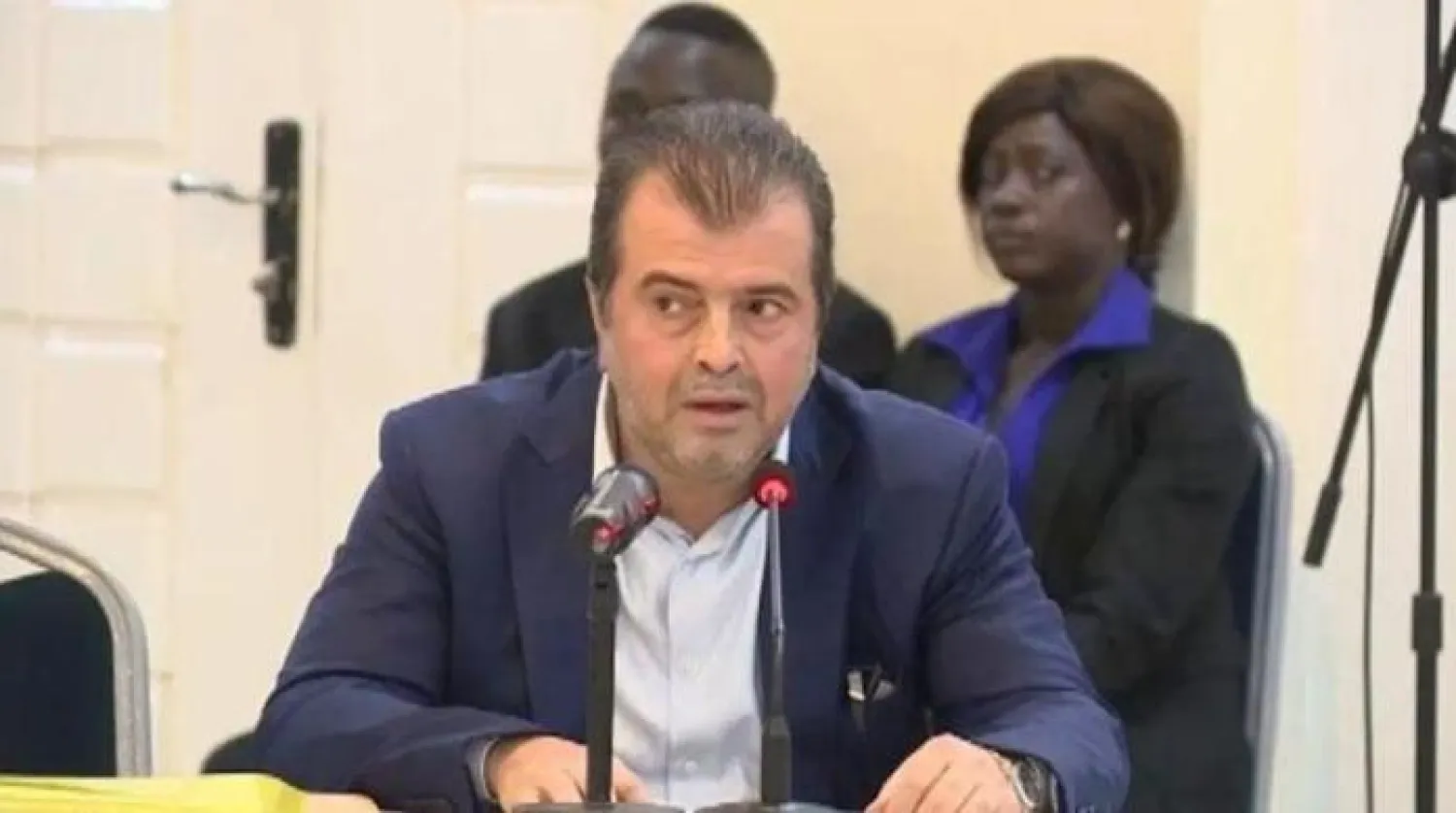A US federal prosecutor announced the arrest of a Lebanese-Belgian citizen considered a major financier of Iran-backed Hezbollah in the Romanian capital, Bucharest.
US Attorney Breon Peace in Brooklyn said that Mohammed Ibrahim Bazzi, 58, designated by the US as a “global terrorist” in 2018, when it offered $10 million for information about his whereabouts, transferred millions of dollars to Hezbollah over the years.
Peace added that Bazzi and another Lebanese citizen named Talal Chahine, 78, are scheduled to be handed over to the US federal authorities on charges contained in an indictment returned last month to the Brooklyn Federal Court.
“Mohammad Bazzi thought that he could secretly move hundreds of thousands of dollars from the United States to Lebanon without detection by law enforcement,” Peace said in a release.
“Today’s arrest proves that Bazzi was wrong,” said the prosecutor.
According to the statement announcing his arrest, Romanian law enforcement authorities detained Bazzi after he arrived in Bucharest on Friday.
Charges brought against Bazzi and Chahine included conspiracy to make US individuals conduct unlawful transactions with a global terrorist and money laundering conspiracy.
Each count in the indictment is punishable by up to 20 years imprisonment. It is yet to be determined who would represent the men when they arrived in the United States.
The acting head of the Drug Enforcement Administration in New Jersey, Daniel Kafafian, said the defendants “attempted to provide continued financial assistance to Hezbollah, a foreign terrorist organization responsible for death and destruction.”
“The men and women of DEA are committed to working with our law enforcement and foreign counterparts to disrupt and dismantle the operations of these organizations and those who choose to support them financially,” he added.
In May 2018, the United States Department of the Treasury, Office of Foreign Assets Control (OFAC) designated Bazzi as a Specially Designated Global Terrorist for assisting in, sponsoring, and providing financial, material, and technological support and financial services to Hezbollah.
According to the OFAC designation, Bazzi is a key Hezbollah financier who has provided millions of dollars to the party over the years, generated from his business activities in Belgium, Lebanon, Iraq, and West Africa.
As a result of the designation, Bazzi’s interest in any property in the United States was blocked. All US persons were generally prohibited from transacting business with, or for the benefit of, Bazzi.
After his classification, Bazzi and Chahine conspired to force or induce individuals in the US to liquidate their interests in certain real estate assets in Michigan and covertly transfer hundreds of thousands of dollars in proceeds of the liquidation to Bazzi and Chahine in Lebanon.
During recorded communications, Bazzi and Chahine proposed numerous methods to conceal from OFAC and law enforcement officials, suggesting that Bazzi was both the source and destination of the sale proceeds and creating the false appearance that the US Person was conducting legitimate arms-length transactions unrelated to Bazzi and Chahine.
For example, Bazzi and Chahine proposed that the funds be transferred through a third party in China as part of a fictitious purchase of restaurant equipment from a Chinese manufacturer or a third party in Lebanon as part of a fictitious real estate purchase.
They also suggested using Chahine’s family members in Kuwait as part of fictitious intra-family loans and a notional franchising agreement as payment for the rights to operate a Lebanese-based restaurant chain throughout the United States.









